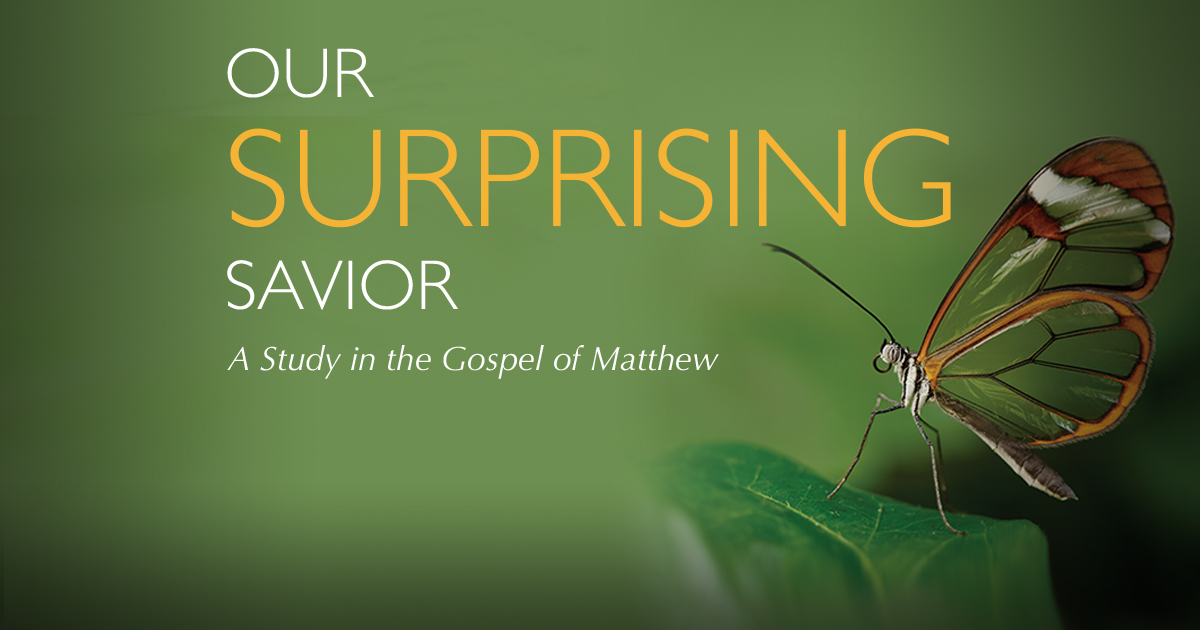

Questions & Answers
Do you think it matters what Christians do on Sundays? When I was young our Sabbath activities were restricted, but now, except for going to church, it seems like any other day.
My husband and I are Christians, but we don't attend church. I was a church member for many years but after relocating, I could not find a church that "moved" me. So we have chosen not to attend. Does a lack of church attendance really hinder my Christianity?
I'd like to start tithing. Is it only done with money or can you give other things? And, who should I give to in order to please God?
Do you think it matters what Christians do on Sundays? When I was young our Sabbath activities were restricted, but now, except for going to church, it seems like any other day.
I’m glad to see anybody asking that question today. The short answer is that the Lord’s Day shouldn’t be like every other day. Isaiah 58:13–14 says, “If you call the Sabbath a delight and the Lord’s holy day honorable, and if you honor it by not going your own way and not doing as you please or speaking idle words, then you will find your joy in the Lord.”
The Sabbath is a gift from God of rest and delight. When we ignore that biblical truth we suffer spiritually, mentally, and physically. We can begin the day by preparing our hearts for worship. After attending church, we should consider what it means to honor God’s intent for us to rest. For some, that might mean a fast from technology and consumerist practices, a break in patterns that have become the default.
My husband and I are Christians, but we don't attend church. I was a church member for many years but after relocating, I could not find a church that "moved" me. So we have chosen not to attend. Does a lack of church attendance really hinder my Christianity?
The Bible gives a clear answer to your question: we should remember “not giving up meeting together, as some are in the habit of doing, but encouraging one another—and all the more as you see the Day approaching” (Heb. 10:25). Apparently, some members of the early church had stopped going to church regularly, prompting these words. The writer notes that church attendance for the Christian is not merely a suggestion; it is a requisite for Christian maturity.
When we come to faith in Christ, we become members of the body of Christ. As the church, we worship together, encourage each other, receive instruction, develop our gifts, and have accountability. The Pauline epistles are full of descriptions of how Christ’s church works optimally. Luke 4:16 says, “[Jesus] went to Nazareth, where he’d been brought up, and on the Sabbath day he went into the synagogue, as was his custom.” Jesus went to His usual place of worship. He showed us by example, that honoring God in this way was important.
While praying and reading the Bible are important practices, a full, growing Christian experience requires more. It is true that the church is far from perfect, and it is easy to find reasons to stop attending. Nevertheless, it is the way God has chosen to develop Christian character and community and to be a presence in a lost world. We won’t always feel “moved” as you put it; this is a common complaint I well understand. Attending a service in person may also be inconvenient, but the church’s importance cannot be overstated. The need for us to meet together as the body of Christ transcends our feelings just as marriage stays committed in times of boredom.
I'd like to start tithing. Is it only done with money or can you give other things? And, who should I give to in order to please God?
Your desire to start tithing is honorable. Tithing, giving one-tenth of one’s income, originated in the Old Testament and was part of the Mosaic law, although Abraham (Gen. 14:20) and Jacob (Gen. 28:22) practiced tithing even before that. Some Christians think Jesus’ coming abolished the Mosaic law and therefore tithing is no longer necessary. Other Christians believe that tithing is still a New Testament requirement. Tithing is indeed mentioned in the New Testament (Matt. 23:23), but it doesn’t seem to be applied to believers explicitly. What is noted is that Christians should respond to the gospel of Jesus and His change in their lives by giving generously, “not reluctantly or under compulsion” but because of their faith in a God who provides (2 Cor. 9:6–10).
The Bible speaks a great deal about money, and it was often the subject of Jesus’ parables. Money can be a great stumbling block in our lives. Perhaps, as one commentator notes, releasing ten percent of our income helps release money’s stranglehold on us. Jesus taught His followers to store up treasure in heaven and not on earth. He explains that “For where your treasure is, there your heart will be also” (Matt. 6:21). The way we give is an outward demonstration of the condition of our hearts.
We should not tithe to gain God’s approval. We give because God loves us and wants the best for His children. We are to give cheerfully because we love God and want to help His church flourish. I suggest you look at your resources and begin giving regularly. First, consider how you can support your local church. Wherever you give, be sure the causes you support are practicing integrity. Second, study for yourself what the Bible says about giving (there are many good resources available). And, finally, consider the ways you can give your time.



